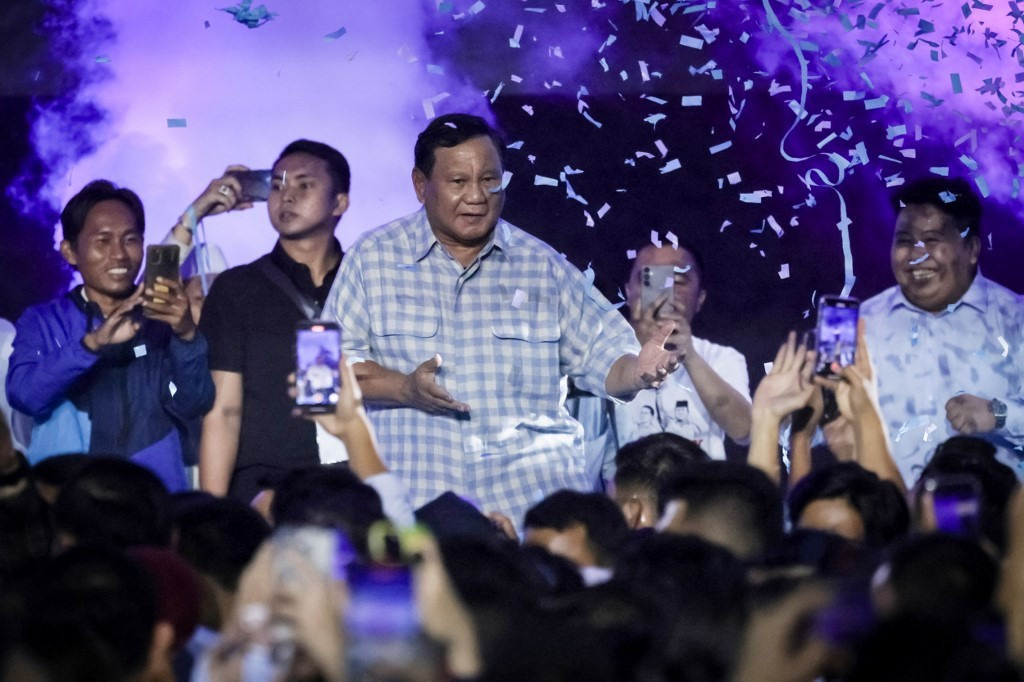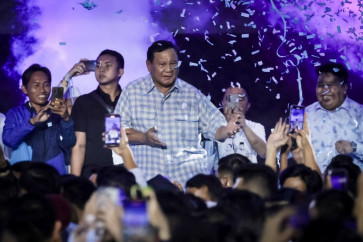Popular Reads
Top Results
Can't find what you're looking for?
View all search resultsPopular Reads
Top Results
Can't find what you're looking for?
View all search resultsHow to win an election, the Indonesian and American way
Contemporary elections transcend traditional politics, blending economic strategy, media savviness and personal branding to achieve victory.
Change text size
Gift Premium Articles
to Anyone
T
he recent phone call between President Prabowo Subianto and United States president-Elect Donald Trump was not just a congratulatory gesture. It marked a convergence of two leaders who have fundamentally reshaped political campaigning in their nations.
These leaders exemplify how contemporary elections transcend traditional politics, blending economic strategy, media savviness and personal branding to achieve victory.
In both the US and Indonesia, economic issues prominently shaped recent elections. US voters favored Trump’s stance on conservative economic policies, including tariffs and deregulation. Data from the US Bureau of Economic Analysis show that gross domestic product (GDP) growth under Trump peaked at 2.9 percent in 2018 before declining, highlighting the appeal of his economic promises. In Indonesia, Prabowo’s campaign focused on propelling GDP growth from 5 percent to 8 percent, emphasizing consumption and investment. Bank Indonesia’s reports showed real GDP growth at around 5.1 percent prior to the February 2024 election.
This focus on domestic economic strength aligns with the political theory of populism, which posits that leaders gain support by portraying themselves as champions of the common people against economic and political elites. Both Trump and Prabowo leveraged economic nationalism, offering relatable, growth-centered visions in the post-pandemic recovery period.
Trump’s successful comeback demonstrated the strategic importance of the media, especially alternative media platforms, that reached disenfranchised voters. The effort he spent speaking on podcasts and online shows popular with the male audience, especially leading up to election day, proved effective in courting their vote.
Pew Research Center data revealed that 55 percent of Americans sourced news from social media in 2020, underscoring the power of digital outreach. Prabowo’s campaign similarly tapped into Indonesia’s digital space, creating endless audiovisual content designed to engage Gen Z voters who represent 22.85 percent, and Millennials, 33.6 percent, of voters according to the General Elections Commission 2024 data.
These approaches reflect an application of the media dependency theory, where voters rely on the media to shape their perception, especially during election periods. Politicians utilize agenda setting to highlight issues favorable to their audience base and thus ensure their narratives dominate public discourse.



















